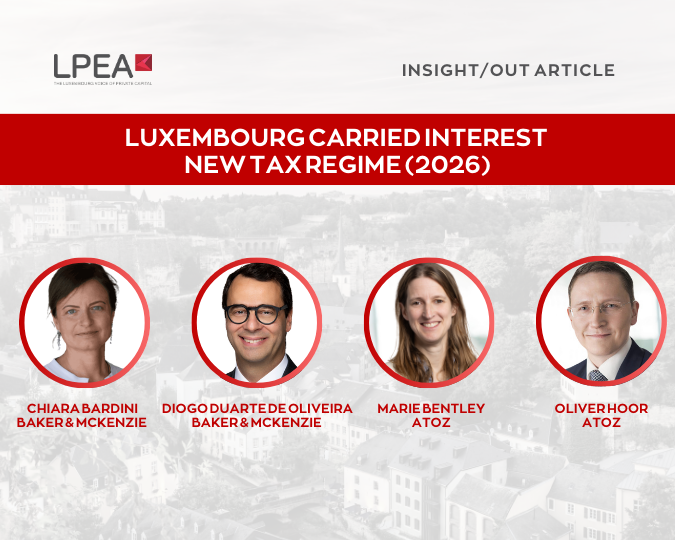Article by Nora Petit, Master of Science in Finance at HEC Lausanne
October 11th, 2023
As the climate change issue is still a major topic of discussion worldwide, and with the pressure from regulators to implement ESG factors into investments, investors are increasingly looking for sustainable investment alternatives. Reallocating funds to investments with a higher social and environmental responsibility might help to achieve societal, environmental, and other policy goals as well as increase returns. A recent study examines the global impact of environmental, social, and governance regulations on private equity funds.
Regional differences in ESG regulations
The study highlights significant regional disparities in ESG regulations. Europe leads the way with stringent ESG requirements, including SFDR. In contrast, emerging markets struggle due to resource limitations. Despite being a prominent private equity participant, the United States prioritize financial returns above ESG integration.
Diverse investment approaches
Private equity fund managers use a variety of strategies. While some set particular social, environmental and governance goals, others employ scoring techniques to evaluate ESG performance. Contrary to the belief of a trade-off, ESG is viewed as a long-term investment approach that can improve financial performance.
Influence on private equity decision-making
While governments set the ESG criteria, institutional investors, particularly limited partners, play a crucial role in enforcing these regulations. The study emphasizes their crucial contribution to the drive for improved ESG compliance in the private equity industry.
Challenges in ESG integration
Private equity firms, however, face significant challenges in adopting ESG regulations. Notably, the lack of data and clarity on reporting ESG concerns provides considerable challenges. The lack of professional ESG data collection and processing employees and technology further hinders compliance efforts, while complicated legislation needs significant investments in IT infrastructure. It is also difficult to establish clear and uniform internal procedures across departments. The variety of questionnaires and standards for monitoring ESG performance across various fund types also adds complexity and time consumption.
Long-term implications of ESG regulations
Moreover, while including ESG features may improve risk management and long-term sustainability, its impact on overall financial performance, especially returns, remains debatable. Geographical discrepancies are also visible, with Europe leading in ESG laws and likely to see tighter restrictions in the future. This pressure is expected to drive the adoption of ESG standards in other regions, however at a slower pace.
Conclusion: A Catalyst for change
According to the report, the robust mandatory ESG requirements in Europe are powerful drivers for other countries to implement equivalent legislation. Finally, properly navigating ESG integration may position private equity firms for long-term success in a transforming investment climate focused on responsible and impactful investing.




